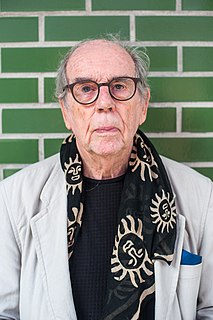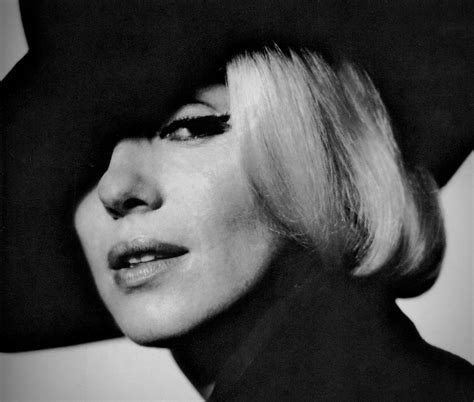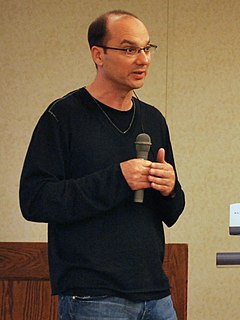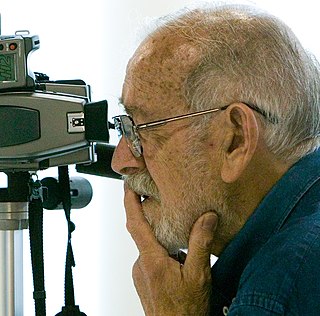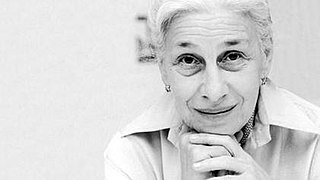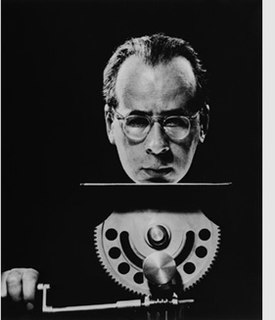A Quote by David Hurn
I'm a photographer, obviously. My chosen tool for understanding life, and communicating the results of this search to others, is the camera.
Related Quotes
It is the purpose of life that each of us strives to become actually what he or she is potentially. Each photographer, then, should be obsessed with stretching towards that goal through an understanding of others and the world we inhabit. When that happens, the results, like photographs, are really the expressions of the life of the maker.
There's no doubt that the search for planets is motivated by the search for life. Humans are interested in whether or not life evolves on other planets. We'd especially like to find communicating, technological life, and we look around our own solar system, and we see that of all the planets, there's only one that's inhabited.
Logical investigations can obviously be a useful tool for philosophy. They must, however, be informed by a sensitivity to the philosophical significance of the formalism and by a generous admixture of common sense, as well as a thorough understanding both of the basic concepts and of the technical details of the formal material used. It should not be supposed that the formalism can grind out philosophical results in a manner beyond the capacity of ordinary philosophical reasoning. There is no mathematical substitute for philosophy.
When I first asked to take pictures of women at their homes, I was using my formal camera and I struggled to get the shots because I was still very much in the role of the photographer. Then the next time I had this little digital camera and their response to me would be completely different - I was a friend and I got new kinds of pictures. I was always treading a line between photographer and friend.
